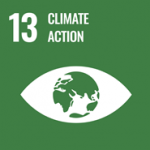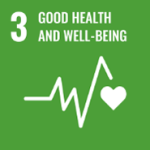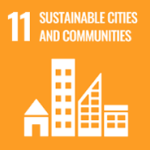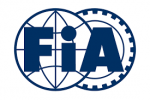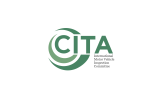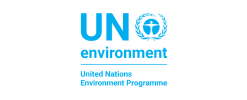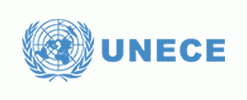
Areas of Impact
Country
A large share of used vehicles exported to developing countries are of poor quality, contributing to a high number of road crashes, fatalities, climate emissions and air pollution. Addressing this issue is essential to reduce injuries and fatalities, which is one of the key pillars of the Decade of Action for Road Safety. The project’s objective is to encourage governments to implement road safety policies and action plans that tackle this issue, while promoting improved vehicle safety regulations and technologies. The project will also aim to address vehicle emissions, a major source of urban air pollution and greenhouse gas (GHG) emissions.
The Latin America and Caribbean (LAC) region accounts for 13% of the global population and has 25% of the global number of registered vehicles. Between 2015 and 2020, over 2 million used light-duty vehicles (LDVs), were imported into the LAC region, representing roughly 10% of global used LDVs imports (UNEP, 2021). In recent years, the region has seen an increasing rate of road deaths and injuries per capita, with 11% of global road deaths occurring in LAC in 2018 (about 155,000 deaths, according to WHO, 2018). The region also has high pollutant emissions per vehicle due to the lack of adoption and enforcement of vehicle emissions standards. Out of the 146 developing and transitional countries studied globally, 66 countries (45%) had weak or very weak import policies, and 19 of these countries are in LAC.
To address these challenges, UNEP, ECLAC and UNECE propose to support ongoing efforts of countries in the region to develop and implement stronger road safety and environmental regulations and processes. The project will establish minimum requirements, improve data sharing, and strengthen enforcement and inspection measures. The project will work with the Central American Integration System (SICA) and two countries at the national level: Paraguay in South America, and Antigua & Barbuda in the Caribbean. In parallel, the project will engage with the four main exporters of used vehicles: Europe, Japan, the United States of America (USA) and the Republic of Korea (ROK).
Safer and cleaner vehicles are crucial in reducing the chances of severe injuries, deaths, and emissions. The main objective of the project is to support exporting and importing countries in implementing regulations, standards, and procedures to ensure that the project countries in Latin America and the Caribbean receive safer and cleaner used vehicles. This will have significant benefits in terms of road safety, public health, climate, and the economy.
The project’s overall impact will be the importation of safer and cleaner used vehicles, leading to a substantial reduction in road traffic fatalities, injuries, and emissions. The project aims to promote a shift towards safer and cleaner vehicles by involving both exporting and importing countries to adhere to minimum standards. This approach has enormous potential to deliver benefits in terms of safety, health, climate, and economy.
1
ANALYSIS: IMPROVE DATA ACCESS TO INFORM SAFETY AND ENVIRONMENTAL VEHICLE STANDARDS.
2
CAPACITY: INSPIRE AND ENABLE IMPORTING COUNTRIES TO IMPROVE AND ENFORCE THEIR MANAGEMENT OF SAFER AND CLEANER USED VEHICLES.
3
POLICY: ENCOURAGE AND SUPPORT EXPORTING AND IMPORTING COUNTRIES TO DEVELOP POLICY REGULATIONS AND PROCESSES FOR BETTER QUALITY, SAFER, AND CLEANER USED VEHICLES.

